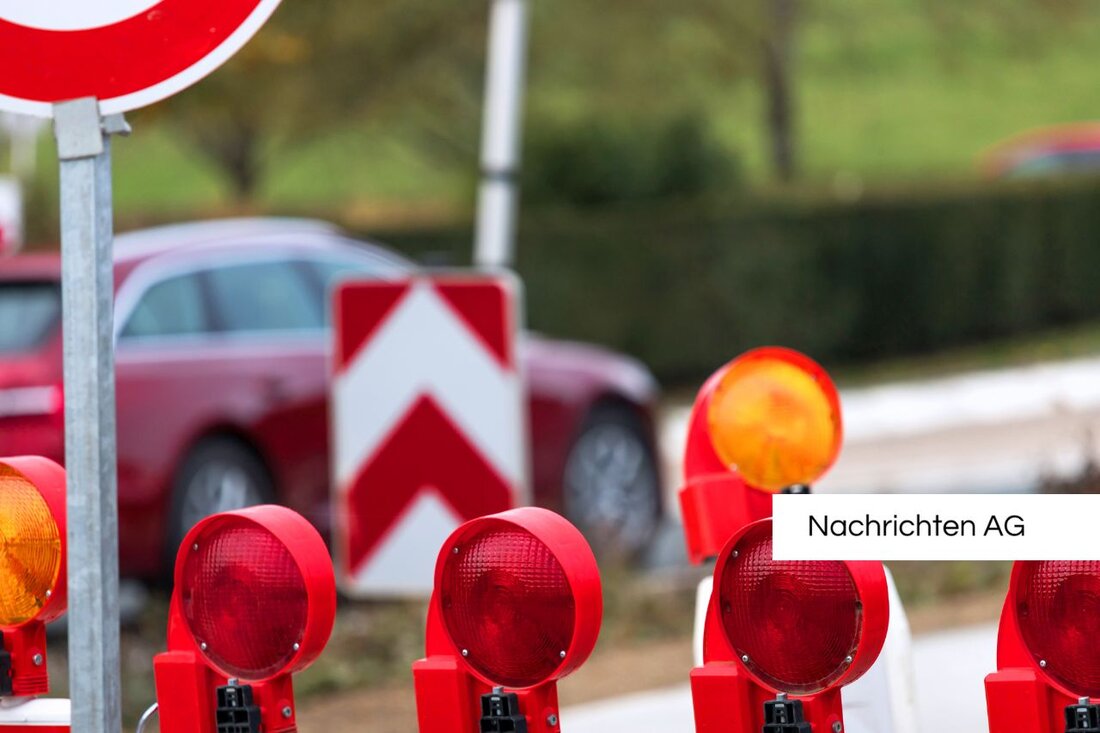Monday stress for commuters: for nine months between Hamburg and Berlin only buses!
From August 2025, the railway line between Berlin and Hamburg will be closed for months. An extensive bus replacement traffic ensures the transport of up to 30,000 passengers every day.

Monday stress for commuters: for nine months between Hamburg and Berlin only buses!
From August 2025, the railway line between Hamburg and Berlin will be completely closed for nine months. This is necessary for comprehensive general renovation that aims to improve the punctuality of the trains. Deutsche Bahn (DB) has announced that during this time there will be no train on the route, which for the approximately 30,000 passengers who travel between the two metropolises every day brings with it considerable inconvenience. Instead, up to 173 buses are to be used on 26 lines to compensate for the no-account train traffic, such as [t-online.de] (https://www.t-online.de/region/id_100577064/sperrung-der-zuge-hamburg-berin-berreicher-se----------
This new bus fleet is equipped with modern amenities-large information monitors, sockets on the seats and a WLAN network should increase comfort for travelers. In addition, the buses will be barrier -free. At peak times, up to 86,000 kilometers of daily mileage are planned for replacement traffic, which serves the goal of continuing to ensure daily commuting traffic. However, these measures are not easy to manage, in particular due to the extensive detour, which also affects long -distance transport. From August, long-distance trains will take up to 45 minutes longer for the route, since they are diverted via Stendal, Uelzen and Salzwedel, as [bz-berlin.de] (https://www.bz-berlin.de/berlin/9-monate-strasse closing-hamburg).
The construction work is part of a larger plan to modernize 41 heavily frequented corridors in the German rail rail network, with the aim of reducing future delays. In this context, the DB will also renew a total of 180 kilometers of tracks and around 200 course and install six transfer points so that the trains can run faster and more efficiently. These measures not only benefit the route between Hamburg and Berlin, but should also ensure more fluid train traffic throughout Germany.
bz berlin

 Suche
Suche
 Mein Konto
Mein Konto
